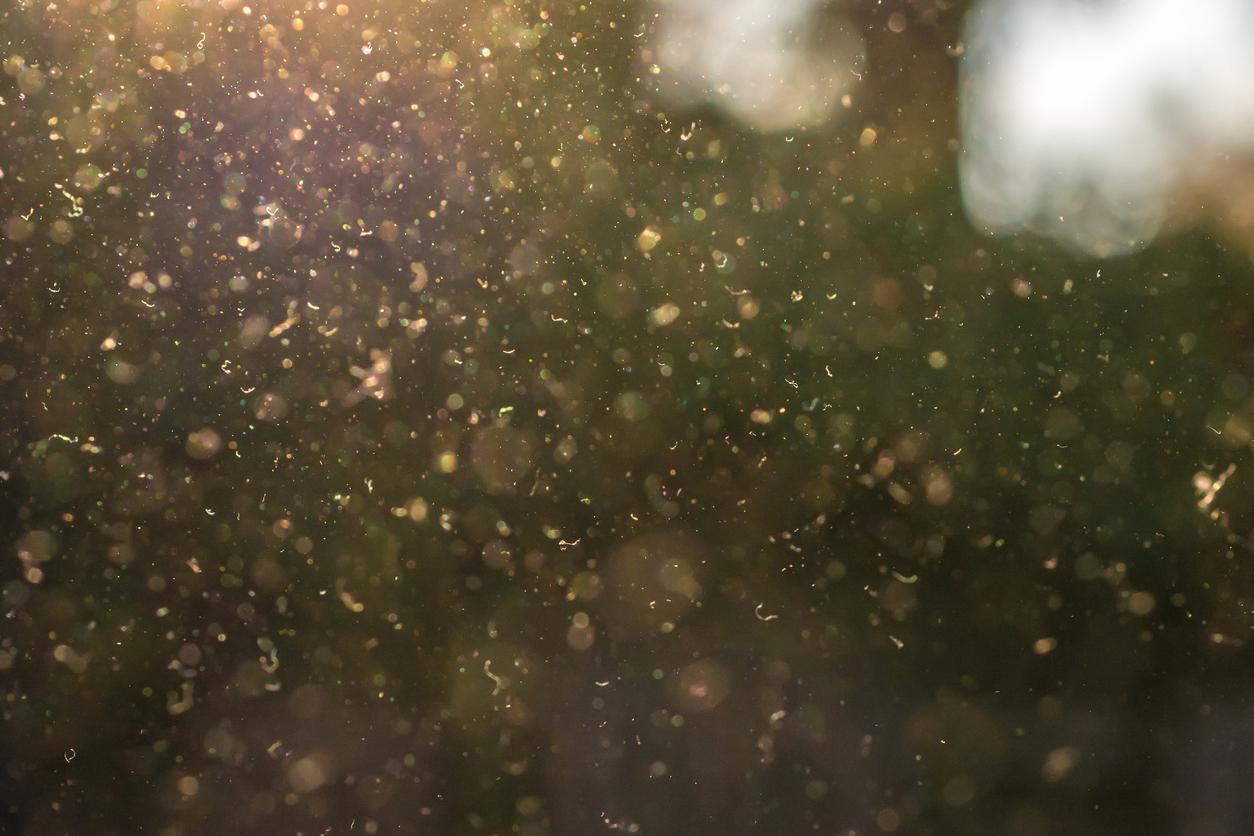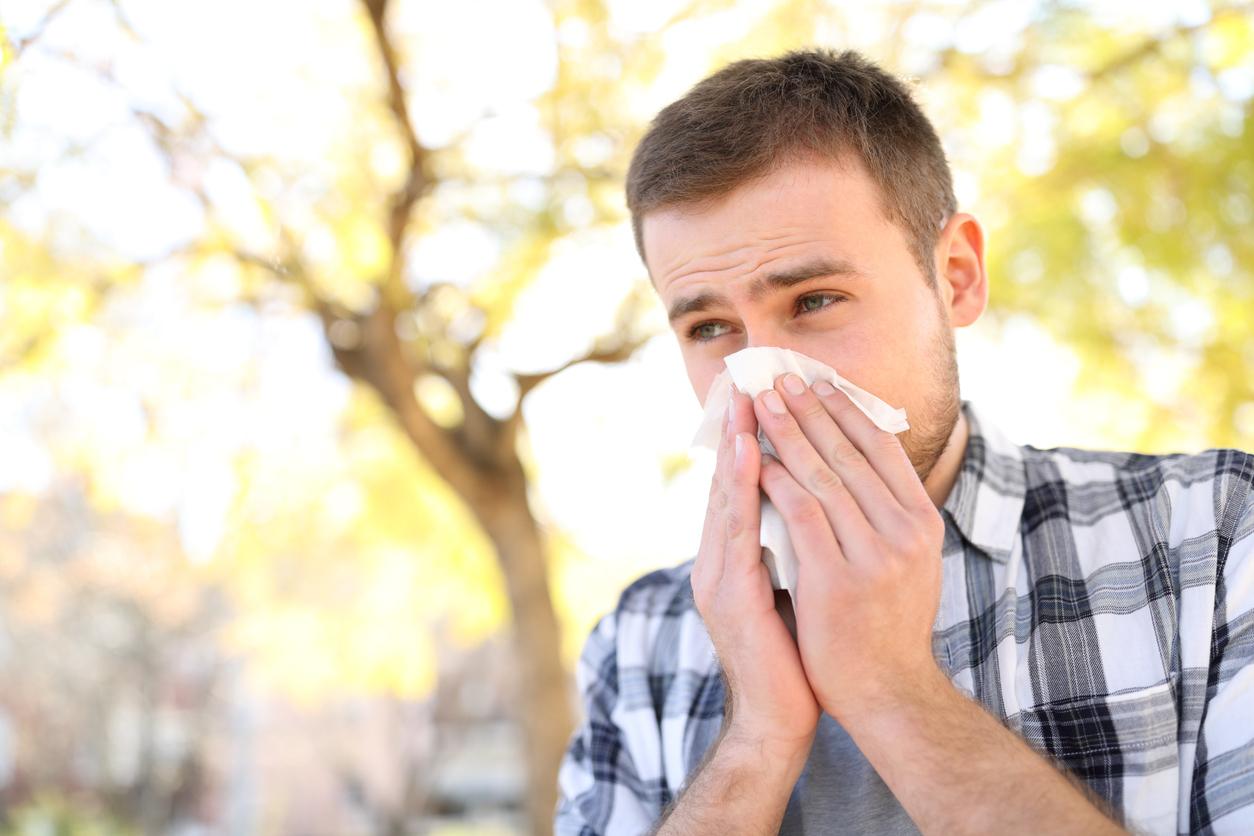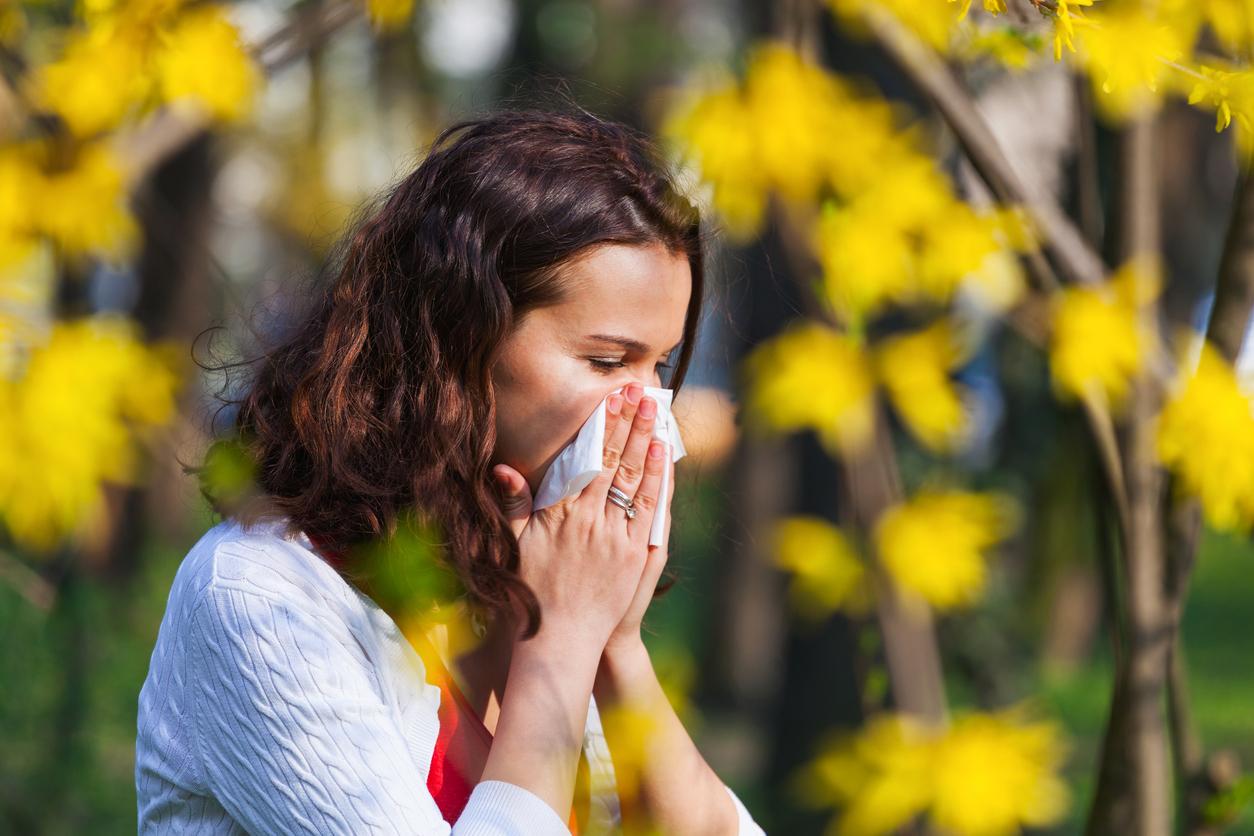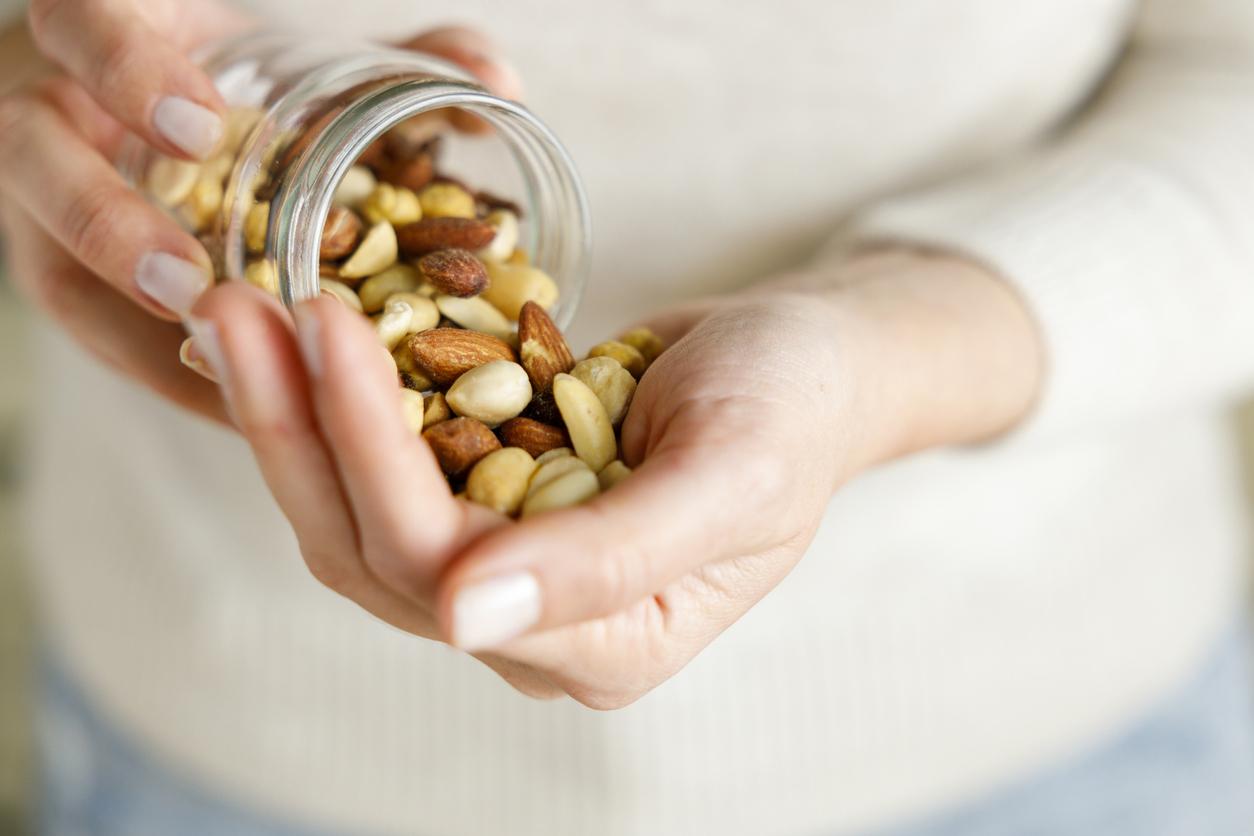Grass pollens are making a comeback with the good weather this weekend, according to the National Aerobiological Surveillance Network.
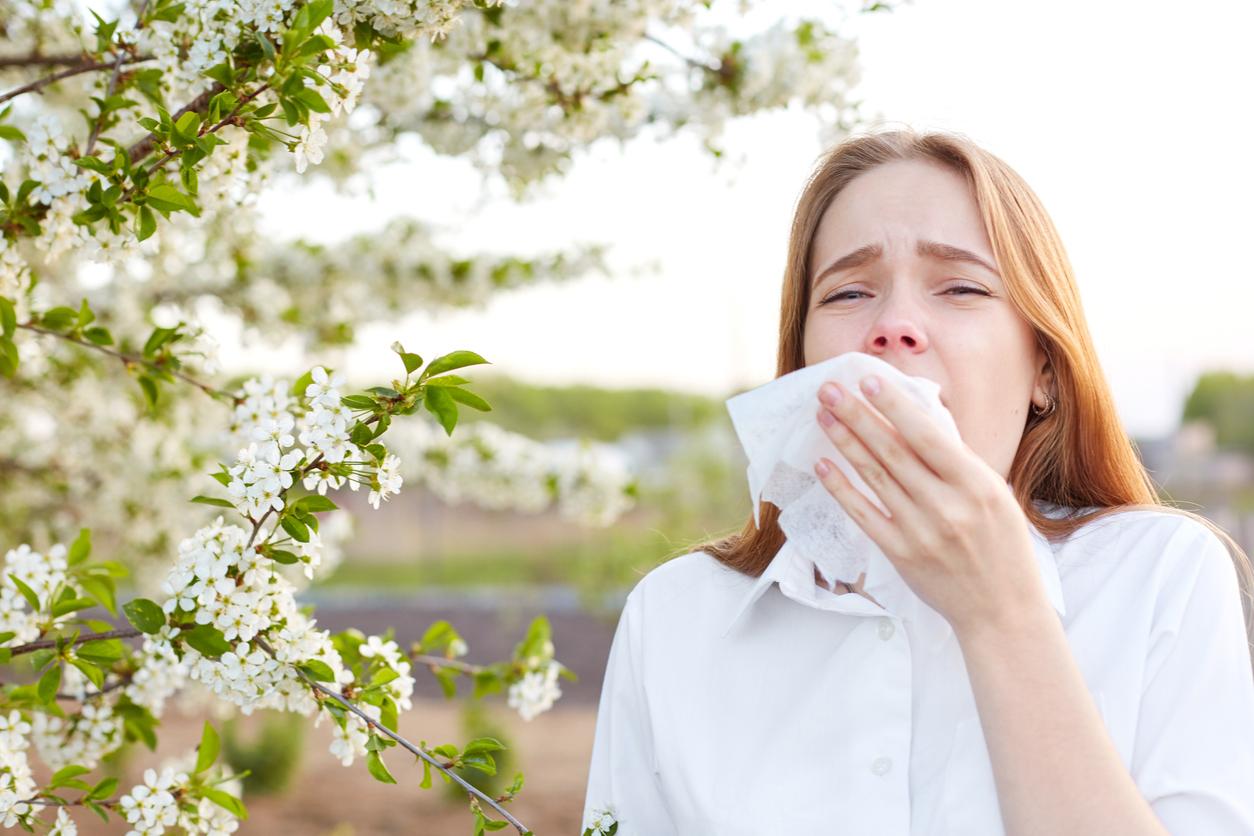
- The National Aerobiological Surveillance Network (RNSA) has warned that the return of sunny and warmer weather this week will lead to the emission of “high concentrations of grass pollen in the air.”
- The risk of allergies, which is already at a medium level, is expected to rise quickly to a high level in the coming days.
- Allergic patients must therefore follow their treatment.
Bad news for allergy sufferers: the grass pollen season is off to a good start. This was reported by the National Aerobiological Surveillance Network (RNSA) on Monday, May 6. “The first grass pollens have been there for several weeks on our sensors and the concentrations should increase quickly and become significant in the coming days over a large part of the country,” can we read in his press release.
If the precipitation at the end of April-beginning of May brought some respite to patients suffering from allergies, it also favored the growth and development of grasses. As a reminder, “grasses are the herbaceous plants that we see growing along roads, in fields and even sometimes on roundabouts! Several are very allergenic such as timothy, bluegrass, ryegrass, cocksfoot, fescue, fawn, rye, oats, wheat…” Grass pollen has a strong allergenic potential, causing many ocular, nasal and even respiratory symptoms in allergy sufferers.
Allergies: “high concentrations of grass pollen in the air”
With the return of warmer and sunny weather this Ascension Week, the risk of allergy, which is already at a medium level, is expected to quickly rise to a high level in the coming days, due to the emission “high concentrations of grass pollen in the air”. According to forecast maps of grass pollen concentrations across France for the coming days, pollen levels in the air are first high in the south and west, before affecting the entire country.
“Until August, we should find grass pollen present throughout France. During this period, episodes of air pollution may exacerbate the symptoms of allergy sufferers. Only rain showers will be able to bring a little respite to allergy sufferers by placing pollens on the ground!”, said the RNSA. Therefore, allergy sufferers must prepare for complicated weeks and follow the treatments prescribed by their doctors and allergists.

Actions to adopt during the pollen period
According to health insurance, symptomatic treatment with antihistamines or corticosteroids is prescribed to patients to calm the bothersome manifestations of the allergy. During the pollen period, the Ministry of Health advises to:
- Rinse your hair in the evening
- Ventilate your home for at least 10 minutes a day, preferably before sunrise and after sunset
- Avoid aggravating symptoms by adding irritating or allergenic factors (tobacco, cleaning or DIY products, indoor perfumes, incense, candles, etc.)
- Avoid outdoor activities that lead to overexposure to pollen (grass mowing, garden maintenance, sports activities, etc.)
- Avoid drying laundry outside
- Keep windows closed when traveling by car










